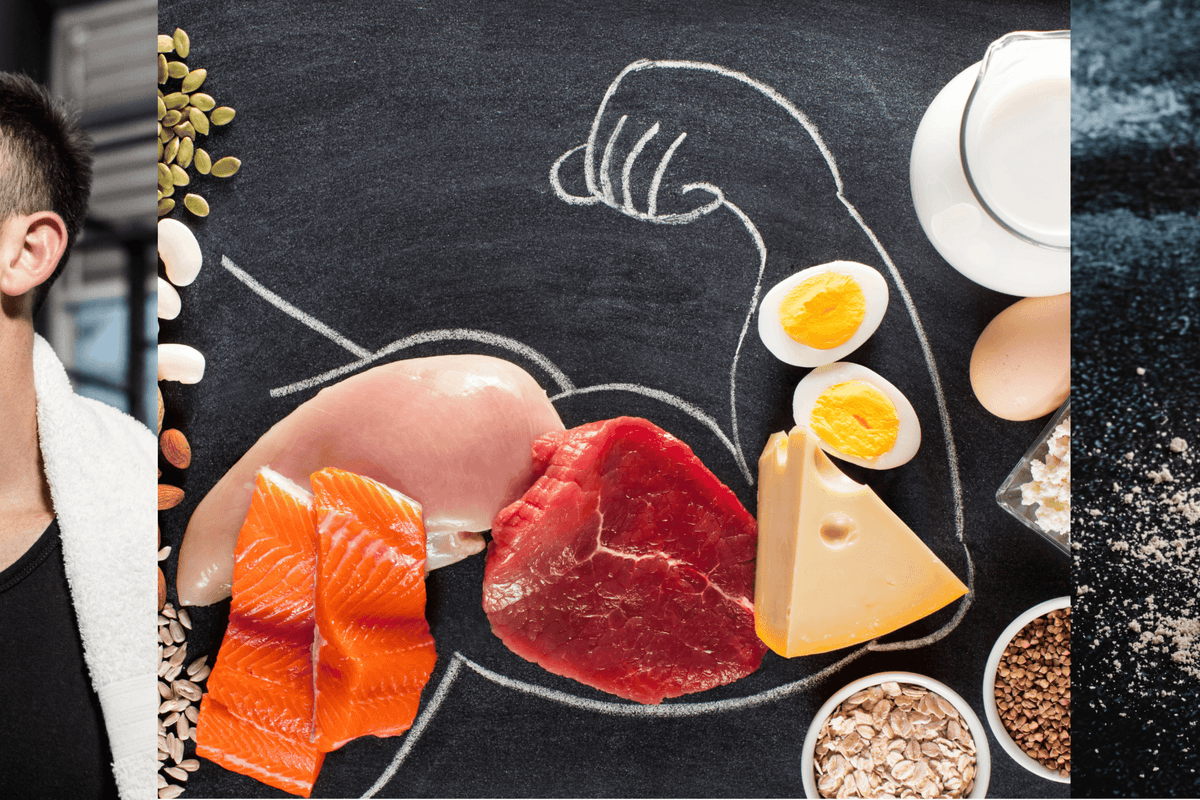Medicinal goods are easy to buy on the internet, but not all online products are what they claim to be. The TGA warns Australians to be wary as many have not been approved by the authority.
In recent years, Australia has seen a rise in the purchase of sleep aid products, including gummies, tablets and capsules, often marketed as so-called dietary supplements that support relaxation and sleep.
According to Statistica, the sleep aids market in Australia in 2025 is worth an estimated $33.7m.
The Therapeutic Goods Association (TGA) is aware of this rise and concerned about increased online advertising of therapeutic goods like this. It has issued a safety warning about unregistered and imported sleep aids.
And Australians' growing dependence raises questions about the regulations, advertising and accessibility of sleep aids online.
Regulation and online promotion
The TGA is Australia’s regulatory authority for medicinal and therapeutic goods. It ensures that these products are high-quality, safe and effective.
For a product to be lawfully supplied in Australia, it must appear in the Australian Register of Therapeutic Goods (ARTG).
A TGA spokesperson says that consumers should "exercise extreme caution when purchasing medicines over the internet".
Such products may contain undisclosed or harmful ingredients and fail to meet safety or quality standards.
But therapeutic goods are increasingly promoted on social media by patient influencers (those who promote pharmaceutical medication or medical devices online).
And it's working. A survey of nearly 1,500 teenagers by Melbourne Royal Children’s Hospital found that two-thirds of those surveyed get health advice from social media while one in four turn to influencers for health information. And a 2020 survey by WEGO, a patient influencer agency, found that more than half of their respondents completely trust ''patient influencers''.
Pharmaceutical and wellness brands are capitalising on this by paying patient influencers to market their products, even though many don't have medical knowledge or training.
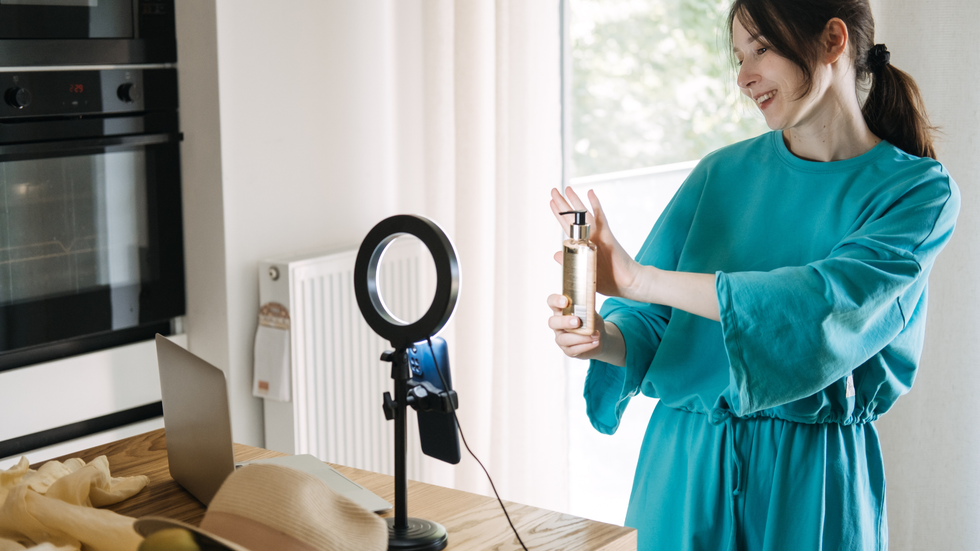
Currently, there are no federal laws requiring influencers to disclose their relationship with pharmaceutical companies or when a post is a paid collaboration.
While the TGA has warned influencers not to advertise medicine not included in the ARTG, the lack of transparency makes it difficult to distinguish when a product post is promotional.
This regulatory gap allows pharmaceutical and wellness companies to target influencers for paid promotions without clear transparency.
David Caunter, a director of the International Criminal Police Organisation (Interpol) has said:
"The rapid growth of online platforms has made it easier for these unsafe drugs to reach people".
Online reviews that praise a therapeutic product can also act as an endorsement.
For example, in October, Rolling Stone published a positive review of reality tv star Kourtney Kardashian's melatonin pills Lemme Sleep. This is a well-established and influential media outlet, so its coverage could guide purchasing decisions and shape perceptions.
The review praised the product as a melatonin-infused gummy marketed as a sleep solution.
Although the product is marketed as a wellness supplement, the article does not disclose that the melatonin product is not registered with the US's Food and Drug Administration (FDA).
It’s also easily available online to Australian consumers, even though it falls outside of Australia’s safety standards.
When asked, the TGA spokesperson noted: ''This product [Lemme Sleep] does not appear to be in the ARTG, which indicates it has not been evaluated for quality, safety or performance by the TGA.''
The review does state that Rolling Stone may receive a commission for any sales of the product. While the disclosure is transparent, it raises a question on whether the review was based on financial gain or an authentic reflection.
Rolling Stone has been contacted for a comment.
The popularity of melatonin
Therapeutic goods experts have observed a particular rise in the purchase of melatonin as a ''sleep candy'', often online.
A 2022 Calming Blanket survey of more than a thousand Australians found that 44 per cent of people aged 18 to 30 rely on sleeping medication, with 18 per cent dependent on melatonin.
Melatonin is a hormone the body produces naturally that helps regulate the sleep / wake cycle. In Australia, it’s also a prescription-medication for people under 55 and for children under specific medical circumstances.
But overdoses appear to be increasingly common. A recent ABC report found that in 2024 there were nearly 1,500 calls made to the national Poisons Hotline related to melatonin exposure in children aged 14 and under. This is double the number of calls recorded in 2019.
So why is this happening?
One reason could be the increased cost of buying melatonin in pharmacies, leading people to buy online.
For those with a melatonin prescription, a pack of 30 tablets cost around $30 for Medicare holders and up to $150 for non-Medicare holders. For some families, the expense of a medical consultation for a prescription plus the medication can be a hurdle.
Purchasing online is often cheaper and does not require a prescription from a doctor.
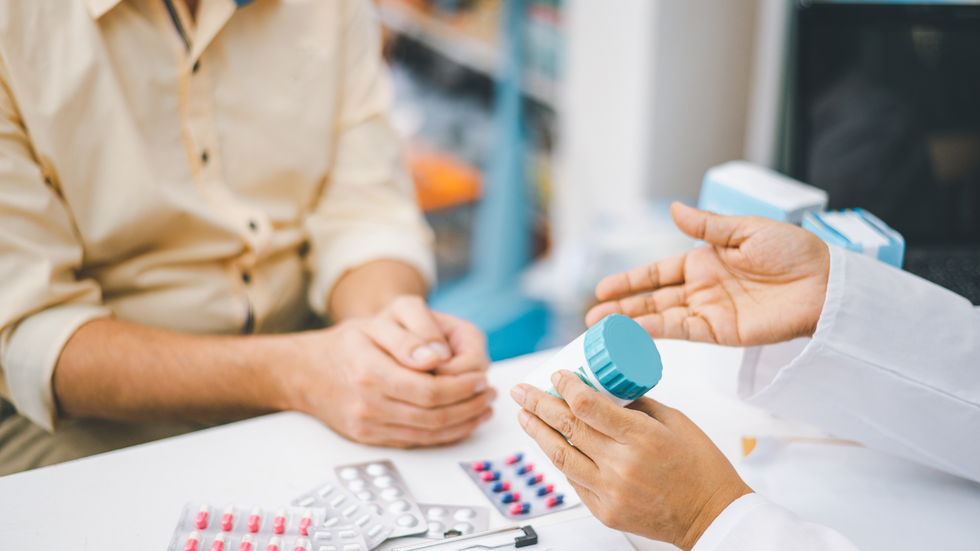
Yet these online sources come with safety concerns.
Recent TGA testing found ''significant discrepancies'' among melatonin products sold online. Some contain significantly higher doses than labeled, while others had less or even no melatonin at all.
Aware of the issue, the TGA warns that any products not listed or registered in the ARTG cannot be guaranteed as safe or of high quality.
The TGA crackdown
The TGA states that products purchased from overseas online sites, ''may not meet Australian safety standards.''
And while the TGA cannot fully monitor everything that's brought into Australia, it works with the Australian Border Force to monitor, seize and destroy "harmful unregistered products" at the border.
Between December 2024 and May 2025, the TGA facilitated the seizure of millions of counterfeit and illegal therapeutic goods as part of Interpol's Operation Pangea XVII, a global law enforcement operation.
Beyond these measures, the TGA has urged all Australians to check the ARTG register before purchasing any medicinal products, to consult medical professionals for medical issues and treat online health claims with skepticism.
Related stories
How young people are tackling climate change
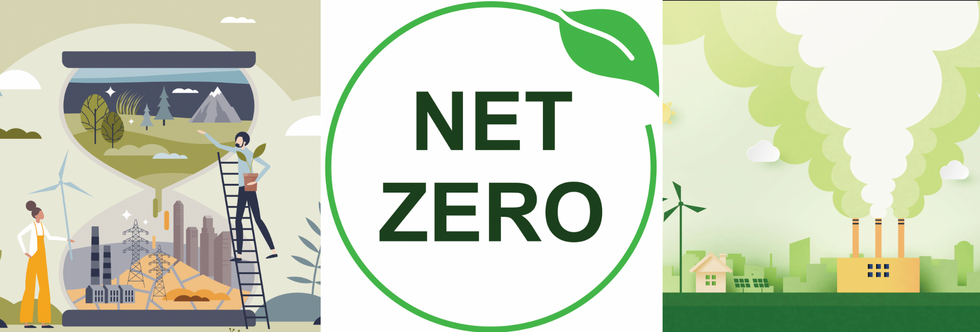 How young people are taking action to tackle the climate crisis
How young people are taking action to tackle the climate crisisThe devastating toll gambling takes on women
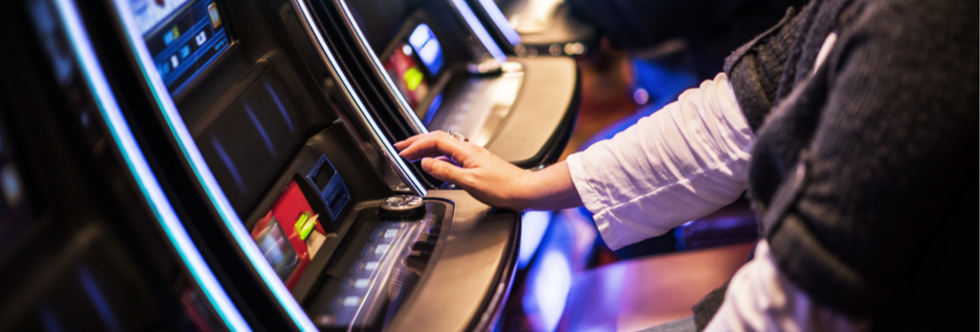 ‘Guilt, shame and fear’: The devastating toll gambling addiction has on women
‘Guilt, shame and fear’: The devastating toll gambling addiction has on womenNSW introduces new deepfakes laws
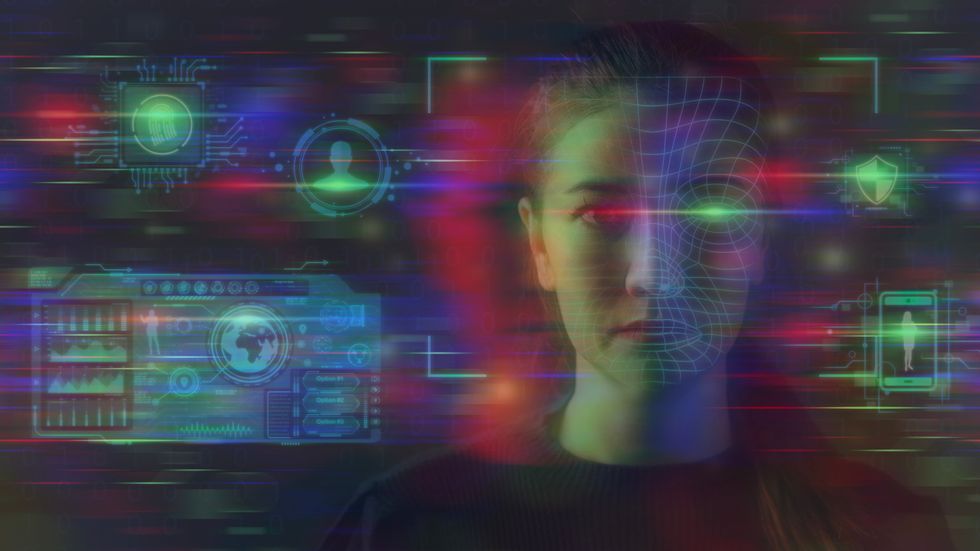 NSW introduces new deepfakes law
NSW introduces new deepfakes lawAbisha is an undergraduate Media (Journalism) student at UNSW Sydney. She is engaged in both traditional print news as well as multi-media and digital storytelling, with a particular interest in the intersection of politics, culture and society.


